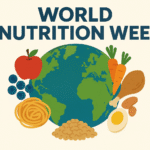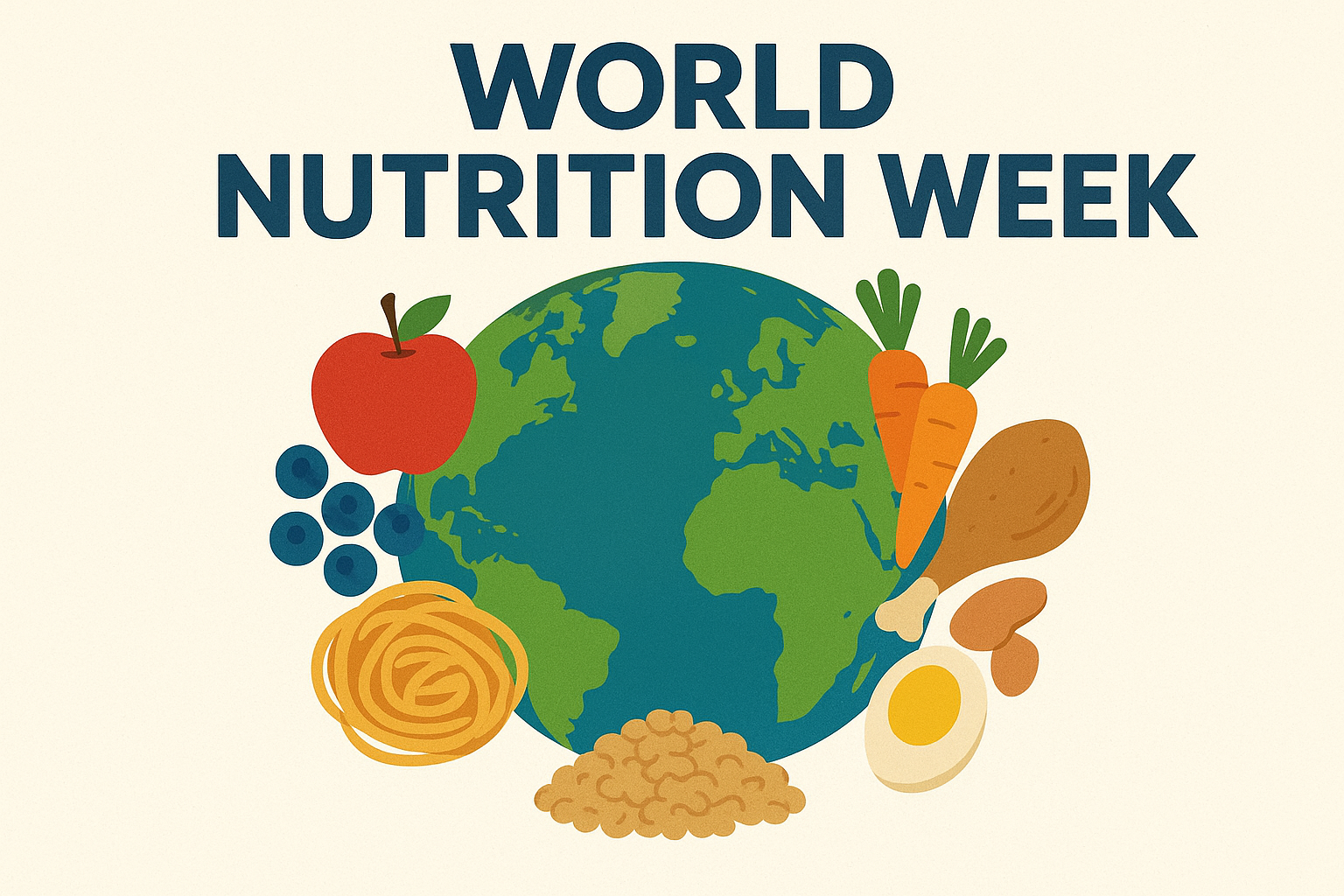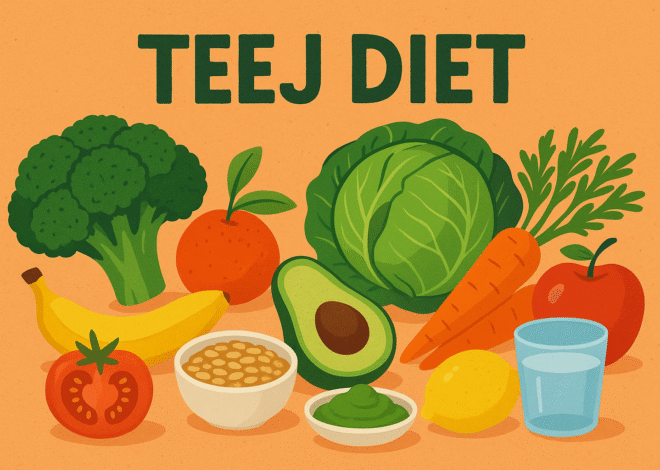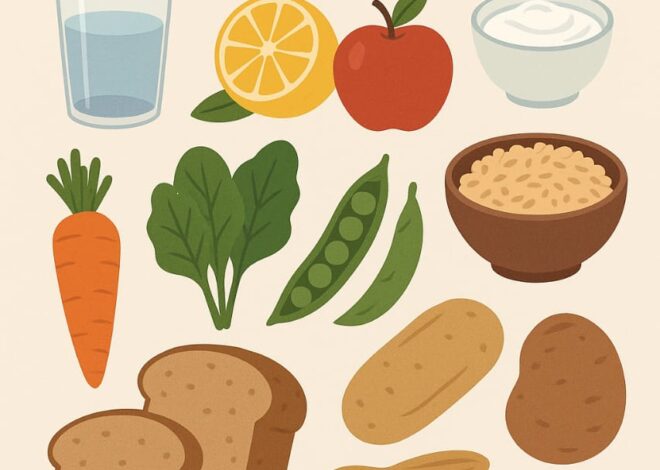
Avoid These Foods: A Guide for Men with Hypothyroidism
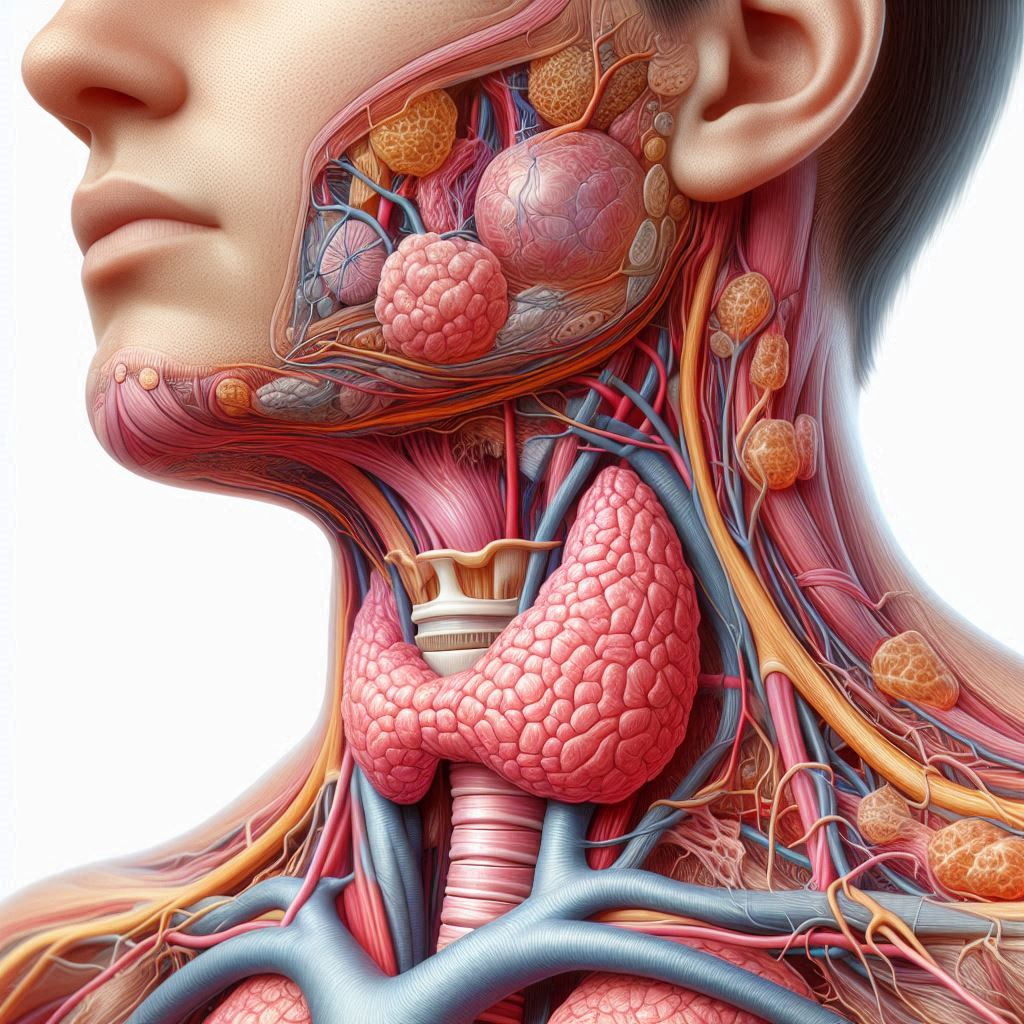
Hypothyroidism is a common condition that affects millions of men around the world. It occurs when the thyroid gland does not produce enough hormones, leading to a variety of symptoms such as fatigue, weight gain, depression, and sensitivity to cold. While medication can effectively manage these symptoms, diet plays a crucial role in supporting thyroid health. Certain foods can exacerbate symptoms and interfere with hormone production. In this guide, we will explore the foods men with hypothyroidism should avoid to maintain optimal health and well-being.
Understanding Hypothyroidism and Its Impact on Men
Before diving into dietary recommendations, it’s essential to understand how hypothyroidism affects men differently than women. While women are more likely to develop this condition, men often experience more severe symptoms. This is partly due to hormonal differences and the fact that men may not recognize or seek treatment for thyroid issues as promptly as women.
The thyroid gland is the boss of metabolism, energy levels, and hormonal harmony. When it underperforms, men may notice:
- Decreased energy and fatigue
- Weight gain or difficulty losing weight
- Muscle weakness
- Hair loss
- Mood changes, including depression and anxiety
- Cold intolerance
Given the significant impact of diet on thyroid function, avoiding certain foods can be a strategic approach to managing symptoms and supporting overall health.
Foods to Avoid with Hypothyroidism
- Soy Products
Soy is a common ingredient in many foods and is often considered a healthful source of protein. However, it contains compounds called goitrogens that can interfere with thyroid hormone production. For men with hypothyroidism, consuming excessive soy products—such as tofu, soy milk, and edamame—can hinder thyroid function and exacerbate symptoms. If you enjoy soy, consider limiting your intake and opting for fermented soy products, like tempeh, which may have fewer negative effects on the thyroid.
- Cruciferous Vegetables
Cruciferous vegetables, including broccoli, cauliflower, cabbage, and kale, are nutrient-dense and often recommended for their health benefits. However, they also contain goitrogens, which can inhibit the thyroid’s ability to produce hormones. While cooking these vegetables can significantly reduce their goitrogenic activity, it’s best for men with hypothyroidism to consume them in moderation or avoid them altogether. Instead, consider other vegetables like spinach, bell peppers, and carrots that are less likely to interfere with thyroid function.
- Gluten-Containing Foods
Some research suggests a potential link between gluten sensitivity and thyroid dysfunction, particularly in individuals with autoimmune thyroid disease, such as Hashimoto’s thyroiditis. While not all men with hypothyroidism are sensitive to gluten, those who are may experience an increase in symptoms when consuming foods like wheat, barley, and rye. If you suspect gluten may be affecting your thyroid health, consider trying a gluten-free diet to see if your symptoms improve.
- Processed Foods
Processed foods, which often contain high levels of sugars, unhealthy fats, and artificial additives, can wreak havoc on overall health and exacerbate hypothyroid symptoms. Foods like fast food, sugary snacks, and packaged meals can lead to weight gain, inflammation, and fatigue. Opting for whole, minimally processed foods can provide essential nutrients that support thyroid function and improve energy levels.
- Sugary Foods and Beverages
High sugar intake can lead to insulin resistance and increased inflammation, both of which can worsen symptoms of hypothyroidism. Sugary foods and beverages can also contribute to weight gain, a common issue for those with thyroid dysfunction. Men with hypothyroidism should limit their consumption of sweets, soft drinks, and sugary snacks. Instead, focus on whole fruits and natural sweeteners, like honey or maple syrup, in moderation.
- Certain Fish
While fish is an excellent source of protein and omega-3 fatty acids, some varieties can contain high levels of mercury, which may be detrimental to thyroid health. Fish like swordfish, shark, and king mackerel are known for their elevated mercury levels. Men with hypothyroidism should choose safer options such as salmon, sardines, and trout, which provide beneficial nutrients without the risk of heavy metal exposure.
- Dairy Products
Dairy products can be problematic for some individuals with hypothyroidism, especially those who are lactose intolerant or sensitive to casein, a protein found in milk. Dairy can also contribute to inflammation in some people, which may exacerbate symptoms. If you find that dairy worsens your symptoms, consider alternatives like almond milk, coconut yogurt, or lactose-free options.
- Caffeinated Beverages
Caffeine can impact hormone levels and may interfere with the absorption of thyroid medication. While moderate coffee or tea consumption is generally fine for most men, it’s best to limit intake, especially if you take thyroid medication. If you rely on caffeine for energy, consider herbal teas or decaffeinated options instead.
Additional Dietary Tips for Managing Hypothyroidism
- Focus on Whole Foods: A diet rich in whole, unprocessed foods can provide essential nutrients that support thyroid function. Eat your rainbow! Focus on fruits, veggies, whole grains, lean proteins, and healthy fats.
- Consider Selenium and Zinc: These minerals are crucial for thyroid health. Foods rich in selenium include Brazil nuts and fish, while zinc can be found in meat, shellfish, and legumes.
- Stay Hydrated: Proper hydration is vital for overall health and can help manage symptoms of hypothyroidism.Try to drink as much water as you can throughout the day.
- Balance Your Macronutrients: A balanced diet with an appropriate mix of carbohydrates, proteins, and fats can help stabilize energy levels and support metabolic health.
- Consult a Nutritionist: If you’re unsure about your dietary choices, consider consulting with a nutritionist who can help tailor a plan to suit your specific needs.
Conclusion
Managing hypothyroidism, especially for men, requires a comprehensive approach that includes medication, lifestyle changes, and a careful consideration of dietary choices. By avoiding foods that can interfere with thyroid function and focusing on nutrient-dense options, men can better manage their symptoms and improve their overall health. It is crucial to consult a healthcare professional before making substantial dietary modifications, particularly if you have any pre-existing health conditions. With the right approach, you can take control of your health and thrive despite hypothyroidism.







